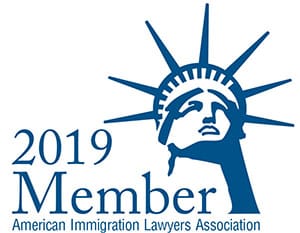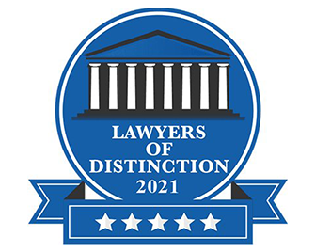It is safe to assume that most of us living in the Greenbelt, Maryland, area know at least a little about estate planning. It seems as if just when you begin to understand the terminology used in estate planning, another term (legacy planning) arises. Many of you have questions about not just these and other legal terms, but how this type of planning helps your family.
To get the most relevant answers to your questions, consider consulting with an estate planning attorney. Your lawyer can explain these terms in detail and tell you how such planning benefits your unique life circumstances. In the meantime, we will talk a little in this post about both estate planning and legacy planning.
In the legal landscape, legacy and estate planning are essentially the same things. As with traditional planning, a good legacy plan includes documents such as:
- Powers of attorney
- Advance health care directives
- One or more trusts
- A last will and testament
These documents are the backbone of a solid estate plan. People use them to designate beneficiaries, decide how assets and property are transferred after death and to ensure that loved ones are provided for. In legacy planning, it is wise to include these types of documents. However, you may also include more abstract elements such as:
- Documents outlining the values you want your survivors to possess
- Letters to loved ones and friends
- Written histories of your family going back as far as you like
Whatever makes you feel peaceful and secure in your current and future circumstances is useful in legacy and estate planning. To help you determine what you can and cannot include in your legacy plan, seek professional legal guidance. You will find much more about these issues by continuing to explore our website.





